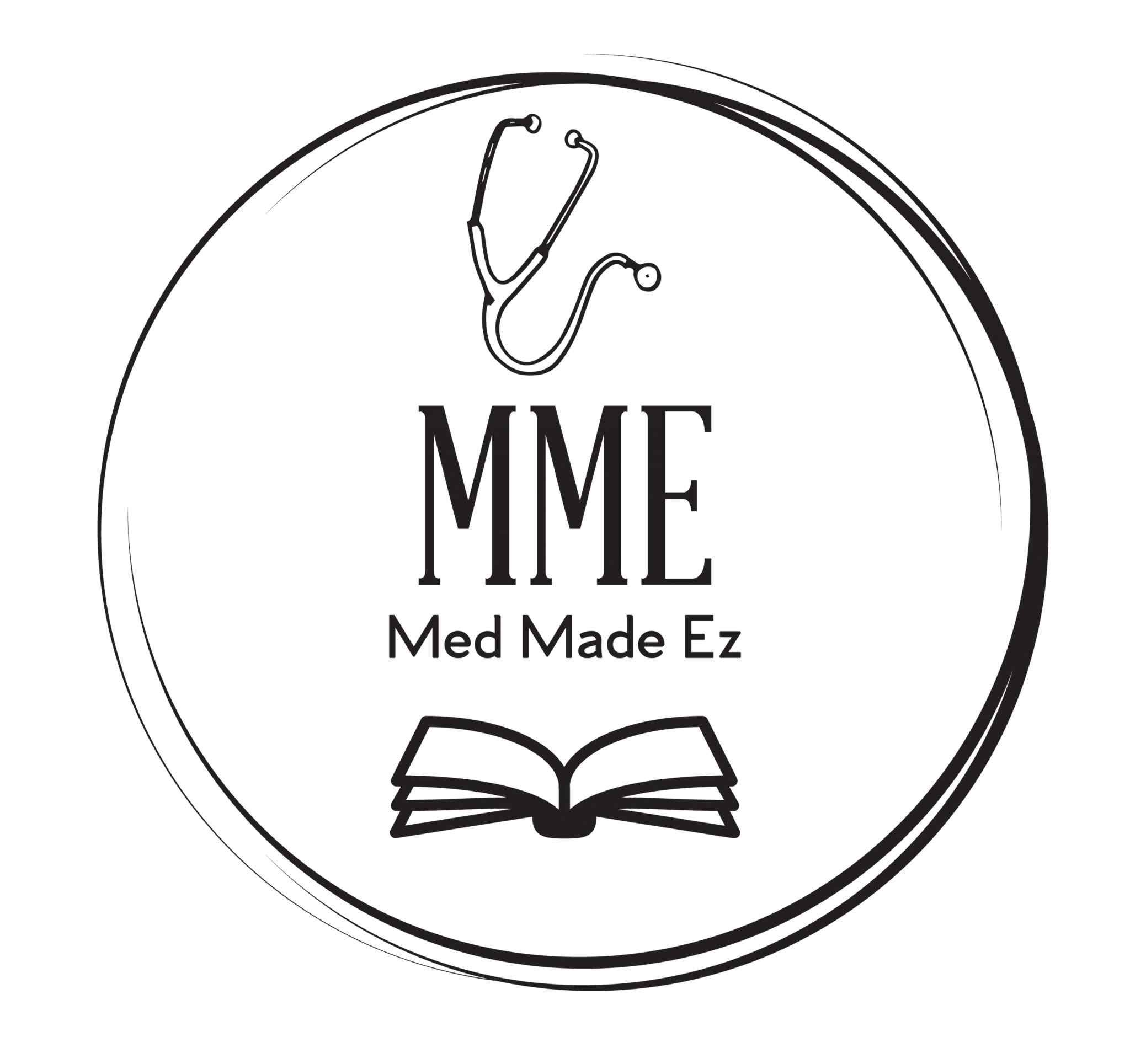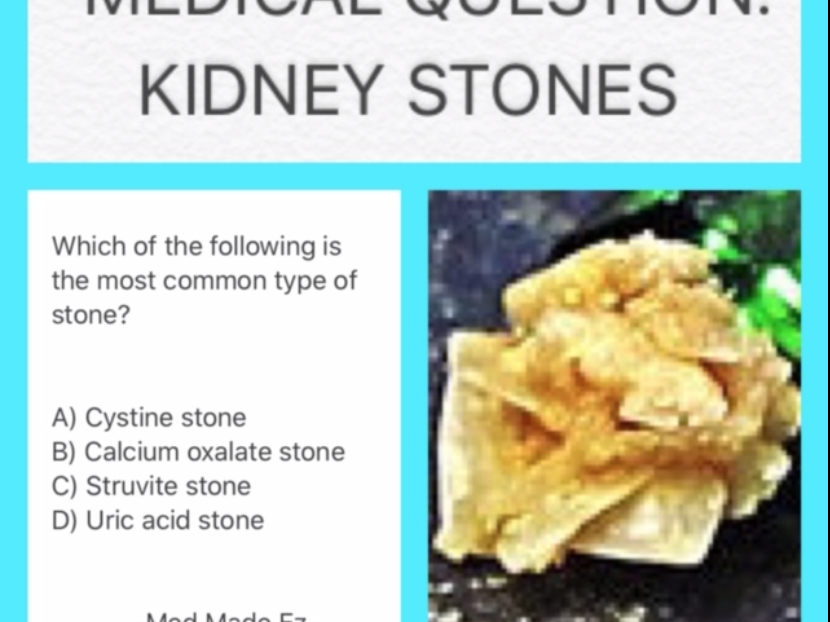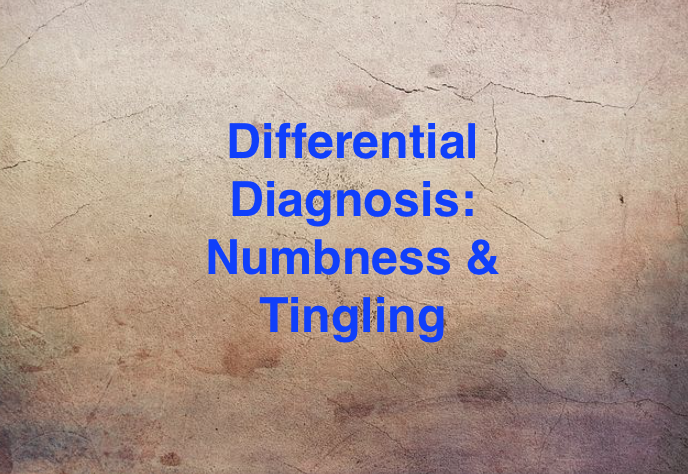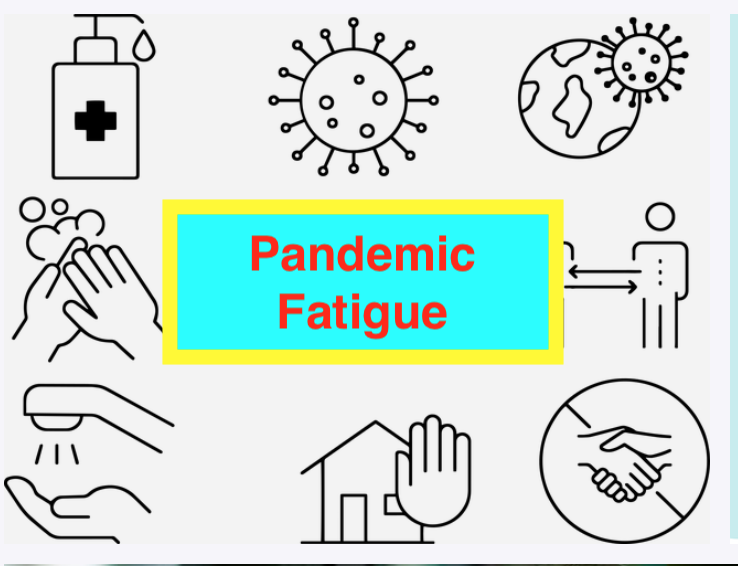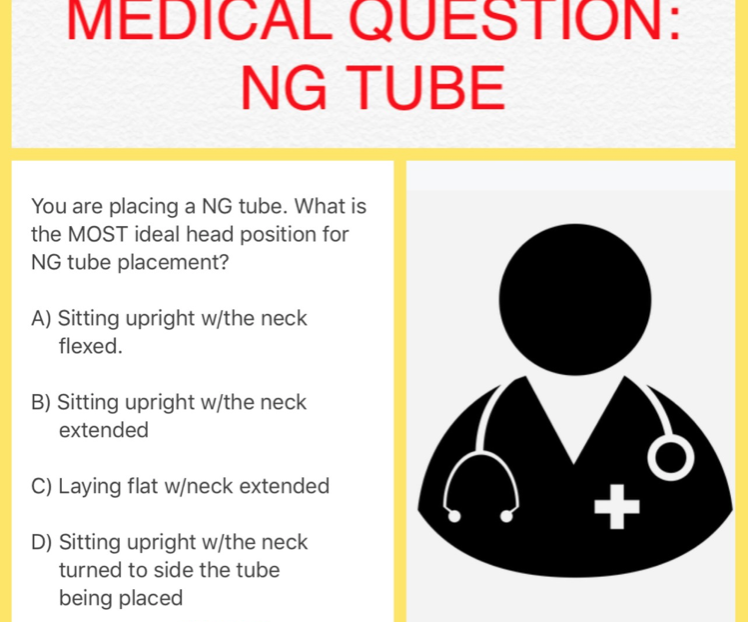NCLEX Medication Study Guide
Antidotes (examples below):
- Beta blockers: Calcium Gluconate
- Opioids: Naloxone (Narcan)
- Heparin: Protamine Sulfate
- Acetaminophen: N-acetylcysteine (NAC)
- Benzodiazepines: Flumazenil
- Warfarin: Vitamin K
Adverse Effects & Common Reactions (examples below):
- Ace Inhibitors: Dry cough & angioedema
- Atropine: Anticholinergic effects, sun sensitivity
- Beta Blockers: Bradycardia, bronchospasms
- Dilantin: Gingival hyperplasia
- Fluoroquinolone’s: Tendon rupture
- HMG-CoA reductase (Statins): Myalgias, rhabdomyolysis
- Metformin: Lactic acidosis, Renal failure, GI sx
- NSAIDS: GI bleed, Renal failure
- Diuretics: Electrolyte imbalances (especially potassium/sodium)
- Potassium sparing diuretics: (spironolactone): Avoid any potassium supplements
- Anticholinergics: Can’t see, pee, sh*t, spit
- Prednisone: Insomnia, weight gain, mood changes, swelling, hyperglycemia, leukocytosis, immunosupression, thin skin, straie, hypokalemia, Cushing like symptoms
- Opioids: (ex: morphine): Respiratory depression, constipation, itching
- Theophylline: Arrhythmias
Patient Teaching (examples below):
- Antacids:
- Can cause constipation.
- Causes decreased absorption when combined with certain meds.
- Give 2-3 hours after medication
- Antibiotics:
- Use backup protection can make oral contraceptive less effective.
- Report excessive diarrhea-possible c-diff
- Aspirin:
- Don’t give <18 years old–>Reyes syndrome
- Beta blockers:
- Do not discontinue abruptly can lead to rebound hypertension
- Dilantin:
- Frequent dentist visits may cause gingival hyperplasia
- Digoxin:
- If you have yellow halos in your vision this may be digoxin toxicity
- NSAIDS:
- Take with food, watch for coffee ground tarry looking stools may indicate GI bleed
- Prednisone:
- If have diabetes may need to monitor glucose more often for hyperglycemia
- Causes insomnia
- SSRI:
- Do not stop abruptly as may cause withdrawal sx
- May cause sexual dysfunction such as erectile dysfunction
- Warfarin:
- Use soft tooth brush & electric razor
- Caution with Vitamin K foods (ex: leafy greens like spinach, may make warfarin not as effective)
- High intake can decrease INR (subtherapeutic)
Toxicity-Key Points:
- Digoxin:
- In toxicity may experience: yellow halos (vision), appetite loss, hyperkalemia
- Lithium:
- Hyponatremia can cause toxicity
- GI sx often first
- Lethargy, AMS later
- May need dialysis
- Vancomycin:
- Renal failure, tinnitus (nephrotoxicity & ototoxicity)
Labs to Know for Meds:
- Coumadin: PT/INR
- Digoxin: Potassium
- Heparin: PTT
- HCTZ: Potassium
- Lasix: Potassium, hyponatremia
- Lithium: TSH, Creatinine levels
- Statins: Liver enzymes
Know Medication Indications:
- Acyclovir: Antiviral
- Atropine: Symptomatic bradycardia
- Cogentin: EPS
- Digoxin: CHF, Atrial Fibrillation
- Dilantin: Seizures
- Disulfiram (Antabuse): Alcohol aversion therapy
- Epogen: Stimulates RBC production (ESRD patients)
- Lithium: Bipolar
- Furosemide: CHF
- Morphine: General pain, chest pain
- Oxytocin: Stimulates labor
- Sinemet: Parkinsons
- Theophylline: COPD/Asthma
- Warfarin: PE, DVT, Heart valve replacements, Atrial fibrillation
Medication & Diagnosis Contraindication/Caution:
- Ace Inhibitors: Renal artery stenosis, hyperkalemia, renal failure, pregnancy
- Anticholinergic: Avoid in BPH & glaucoma
- Beta Blockers: Caution in asthma & COPD (bronchoaspams), and in diabetes (masks hypoglycemia symptoms)
- Digoxin: Caution in hypothyroidism-very sensitive to effects of Digoxin. May need lower dose
- Fluoroquionolones: Myasthenia gravis
- NSAIDS: PUD
- SSRI: <25 yrs old (increased suicidal ideation), MAOI use
- Statins: Rhabdomyolysis
- Steroids: Infection (can worsen)
- Theophylline: Loop diuretics can increase or decrease theophylline levels
Medication Nursing Knowledge:
- Aminoglycosides: (ex: gentamycin, neomycin):
- If a patient complains of tinnitus and or they have renal failure- this can indicate toxicity
- Atropine:
- Caution in cardiac patients can cause ventricular fibrillation
- Chemotherapy agents:
- Wear gloves
- Congentin treats EPS:
- Extrapyramidal symptoms
- Clinadmycin:
- Notorious for C-diff
- Beta blockers:
- May need to check glucose more often- masks hypoglycemia.
- Check heart rate before giving- causes bradycardia
- Grapefruit juice and many medications
- Simply avoid this with most all medications
- Lithium:
- Hyponatremia can cause toxicity.
- Avoid low sodium diets, getting overheated (sweating)
- Magnesium sulfate:
- Check deep tendon reflexes
- Metronidazole (Flagyl):
- No drinking while on this medication
- MAOI Inhibitors:
- No tyramine containing foods as can cause hypertensive urgency.
- A few to avoid:
- Aged cheese (ex: swiss & blue cheese)
- Cured meats (ex: sausage)
- Smoked/processed meats (ex: corned beef, hot dogs)
- Pickled/fermented: (ex: sauerkraut, pickles)
- These are a few, there are more to avoid
- Morphine:
- Watch for respiratory depression and altered mental status
- Warfarin:
- Monitor for bleeding-check gums, skin (petechiae), stools, hematuria.
- May need to be held if hemoglobin dropping.
Medication Combinations to Avoid:
- MAOI Inhibitors & SSRI:
- Should wait at least 2 weeks in between taking–serotonin syndrome
- Warfarin:
- Caution with antibiotics as some can increase INR (ex: fluoroquionolones)
- Taking with meds like aspirin increase risk for bleeding
- Note that prednisone can increase INR with warfarin (1)
- Ace Inhibitors & ARBs:
- Increased risk renal failure & hyperkalemia
- St John’s Wort & SSRI:
- Increased risk serotonin syndrome
- Important to note that St John’s Wort interacts with a lot of meds
- Simvastatin (any statins) & Gemfibrozil (1):
- Increased risk for rhabdomyolysis
- Also avoid combining statins with amiodarone, macrolides, calcium channel blockers
- Bactrim (TMP/SMX) & ACE inhibitors (-end in “-pril”):
- Increased risk for hyperkalemia (1)
- Also avoid taking Bactrim with ARBs as can cause same thing (1)
- Levothyroxine & many meds can interfere with absorption (1):
- Estrogen
- Calcium
- Magnesium
- Statins
- PPIs
*This is not an all-inclusive list. We recommend studying from a variety of sources.
REFERENCES:
- https://www.medscape.com/features/slideshow/dangerous-drug-combinations#page=5
Know food & med interactions
Know normals for basic CBC (RBC, Platelets, Hgb, Hct)
Know major medication contraindications
Learn suffixes of med classes
Learn brand & generic names of basic meds
Know therapeutic drug levels
Know about TPN
Know expected outcomes when a med is given
Know medication administration
Know antidotes
Know basic chemistry normal levels
If answer contains: always, never, only, every- avoiding choosing
Know dosage calculations
Know medication interactions
Know pain management options & interventions
Know about blood products
Know about intravenous therapies
Know basic teaching points about medications
Know about different insulin onset of action
Learn suffix endings of med classes
Often NCLEX questions will contain uncommon meds-learn the suffix endings and general info about med classes
COMMON MEDICATIONS ON NCLEX
- Acetaminophen
- Allopurinol
- Aminophylline
- Antacids
- Aspirin
- Atropine (Atropen)
- Benztropine (Cogentin)
- Calcium Gluconate
- Carbamazepine (Tegretol)
- Carbidopa/Levodopa (Sinemet)
- Cimetadine
- Diazepam (Valium)
- Digoxin (Lanoxin)
- Disulfiram (Antabuse)
- Epinephrine
- Epoetin Alfa (Epogen)
- Furosemide (Lasix)
- HCTZ
- Heparin
- Levothyroxine
- Lidocaine
- Lisinopril
- Lithium
- Magnesium sulfate
- Meperidine
- Metoprolol
- Morphine
- Mylanta
- Naloxone (Narcan)
- Nitroglycerin
- Oxytocin
- Penicillin
- Phenytoin (Dilantin)
- Prednisone
- Premarin
- Propanolol
- Spironolactone (Aldactone)
- Verapamil
- Warfarin (Coumadin)
MED CLASES
- Ace Inhibitors (end in “-pril”)
- Aminoglycocides
- Anticholinergics
- Anticoagulants
- Anticonvulsants
- Antiemetics
- Antihistamines
- Antineoplastic
- Benzodiazepines
- Beta Blockers (ends in “-lol”)
- Bronchodilators
- Calcium Channel Blockers
- Diuretics
- Fluoroquinolone
- Immunosuppressants
- Insulin
- Laxatives
- Macrolide
- MAOI inhibitors
- Metformin
- NSAIDS
- Opioids
- Penicillins
- Statins (HMG-CoA reductase inhibitors)
- Steroids
- Sulfonamides
*This is not an all-inclusive list
MED CLASS SUFFIX
-Cillin: Penicillin anbx
-Dipine: Calcium Channel Blocker
-Oxacin: Fluoroquinolone anbx
-Lol: Beta blockers
-Mycin: Macrolide anbx
-Azole: Antifungal
-One or Nide: Steroid
-Azepam: Benzodiazepines
-Prazole: PPI
-Pril: Ace inhibitors
-Sartan: ARB
-Tidine: H2 blockers
-Vir: Antiviral
